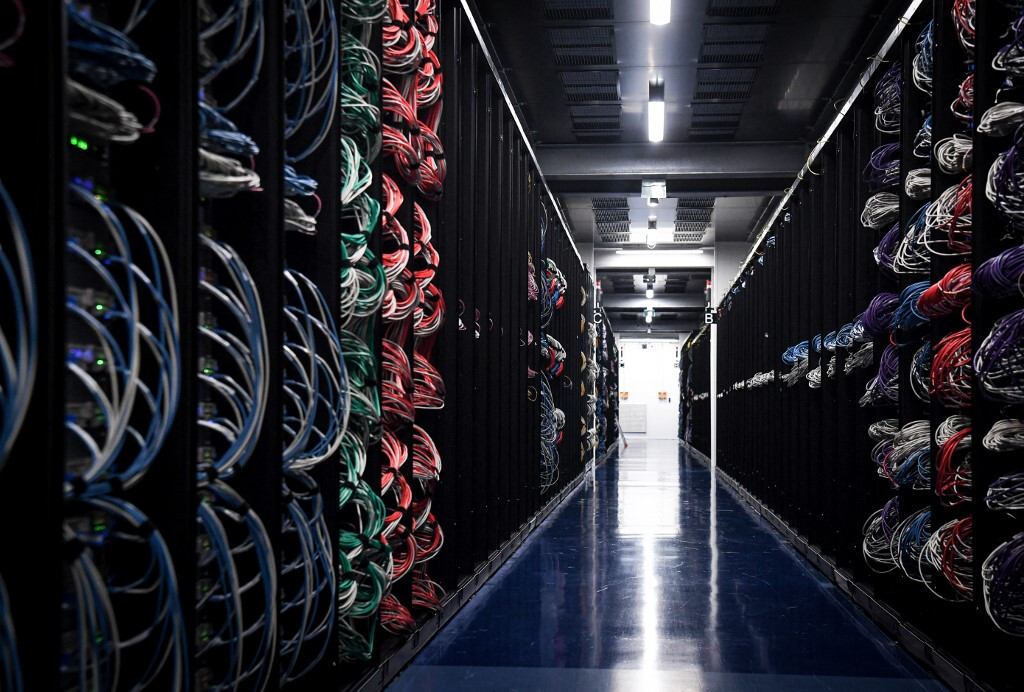Portugal today a center of Internet data interconnections, both for Europe and the rest of the world, according to a study by the world's leading Internet exchange operator, DE-CIX.
This has been achieved through the country's unique strategic geographical location, as well as recent investments in computer network infrastructure, particularly through submarine cables and to Europe.
These factors, according to the report, Which can be consulted herewith communication costs falling to the point that the country is today, at this level, as competitive as “historic” European locations such as Frankfurt, London, Amsterdam, Paris or Stockholm – a group known as FLAPS.
the job Portugal: A Global Connectivity Hub, a Gateway to Europe, a Gateway to the World Commissioned by DE-CIX on the occasion of its 5th anniversary in Portugal.
There you can read that IP connectivity prices in Portugal have fallen by at least 65% since 2016. The country has also developed, notably, a thriving ecosystem of submarine and terrestrial cables, a strong investment in data centers and a doubling of the number of Internet exchanges between 2016 and 2024.
All this allows for fast and stable connections, especially with low delay (Low latency). “DE-CIX Lisbon’s strategic location reduces latency in data exchange, supported by direct submarine cable connections to South America and future connections to the US East Coast. Low latency is crucial for digital services, which are often considered the new currency of the digital age,” said Ivo Ivanov, CEO of DE-CIX, in a statement sent to DN.
This connection to the United States will soon be ensured by the installation of a Google submarine cable, which will be connected in Portugal to the Azores and Sines.
As we mentioned earlier, it is also the geographical problem that gives the country a great added value for global data communications which, remember, are mostly carried out through physical cables.
By 2026, Portugal's submarine cable landing initiatives are expected to extend to 115 cable landing stations around the world, creating direct cable connections with at least 60 countries across five continents and extending to Australia, the technology says.
Portugal’s small size even works to its advantage: Portugal’s four major international cable interconnection stations and three major Internet exchanges are located in Lisbon within a 100-kilometre radius, creating a uniquely concentrated and interconnected network infrastructure. Technically, the physical distance between IXes is relevant for better speed and lower latency.
The report says that from 2016 to the beginning of 2024, Portugal has recorded an increase in average internet connection speed, going from 12.6 megabits per second (Mbps) to 119 Mbps, an increase of 844%. This fact has caused the country to rise 15 places in the ranking. classification Global average internet connection speed, moving from 37th to 22nd.
Portugal also recorded a 20% drop in average price per megabit for end customers and an even more pronounced drop in data transfer prices, which fell by a staggering 65% to 26 cents – compared to 25 cents in Spain and 22 cents in Germany. The country is therefore well positioned compared to other highly competitive markets.
In this way, we can be seen as a promising global interconnection platform, in a world where international data networks are expected to grow even more.

“Wannabe internet buff. Future teen idol. Hardcore zombie guru. Gamer. Avid creator. Entrepreneur. Bacon ninja.”

